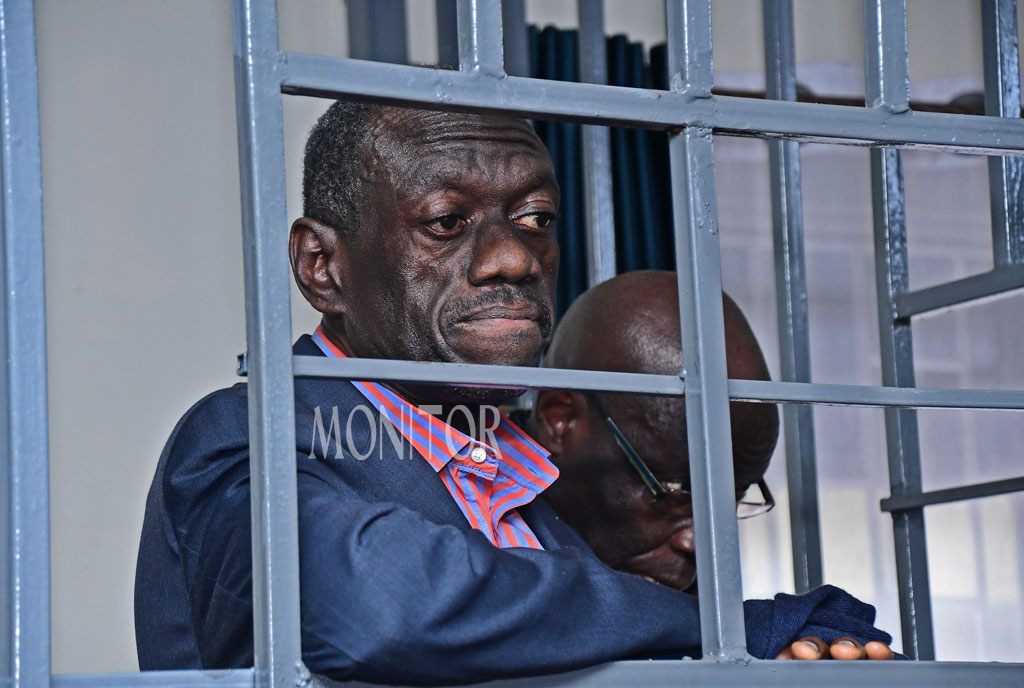What you know will always be less than what you don’t know

What you need to know:
- That’s why the Chancellor, when placing the mortarboard on a graduand—in those years of yore when a university would produce just a few dozen graduates yearly—would say to them: “I confer you with the power to read.”
When you’re a journalist, striving without stopping to improve your language competence isn’t an option; it’s a must. No matter how qualified you believe you are, the fact is what you know is—and will always be—much less than what you know. As Mwalimu Julius Nyerere, the first UDSM Chancellor, used to remind Tanzania’s academic elites: “…We confer you with a degree, not because you’ve shown your professors how much you know…we confer you with a degree after you’ve demonstrated to your professors you’re aware of how much you don’t know.”
That’s why the Chancellor, when placing the mortarboard on a graduand—in those years of yore when a university would produce just a few dozen graduates yearly—would say to them: “I confer you with the power to read.”
Which means the actual pursuit of knowledge should be taking place after you’ve kissed classroom work and exams goodbye. Sadly, there are just too many post-school, college or university individuals who don’t read anything! Or bother to learn anything new.
If you’re a broadcaster, do you ever listen critically to how colleagues that are more exposed than you pronounce certain words?
Self-evaluation and self-criticism is essential if you’re a graduate who understands that the certificate you earned is nothing but “a licence” to seek real knowledge out there.
It irks hearing a seasoned a presenter advertising an entertainment spot he calls “PALAS Hotel” in reference Palace Hotel (pronounced PALES Hotel). It’s like he has never bothered weigh himself against, say, BBC colleagues making reference to Buckingham Palace!
It further irks hearing some Swahili broadcasters, particularly those in sports programmes who like using a lot of English words (maybe to demonstrate they’re “also” educated?), when they say “Press STATMENT” instead of “Press STEITMENT” (in reference to Press Statement)!
And now, having thus lectured (bah!), let’s embark on our key task of sharing linguistic gems picked from the Bongo English press recently. Here we go…
Page 2 of the Friday, November 15 edition of Bongo’s huge and colourful has a story entitled, ‘Samia to grace international investment forum next week’. It’s Para 1 reads: “President Samia Suluhu Hassan is scheduled to officiate the (sic!) three-day international investment conference on Tuesday next week in Dar es Salaam.”
And Para 2 reads: “Minister of Minerals Antony Mavunde MADE THE REMARKS in Dar es Salaam yesterday…
Hello! Does what obtains in Para 1 comprise a remark? The answer is No! Here’s our rewrite of Para 2: “This was SAID by Minister of Minerals Antony Mavunde in Dar es Salaam yesterday….” Or, “This was REVEALED by Minister of Minerals...”
On Page 14, there’s a story entitled, ‘Mining Commission issues 50,000 licences in seven years’. Its intro is thus written: “The Tanzania Mining Commission has SUCCESSFULLY issued 54,626 mineral extraction-related licences over the past seven years.”
We’ll say nothing of the fact the intro paragraph sounds like a repeat of what obtains in the headline, an echoing that smacks of intellectual laziness. However, we need to say that the adverb “successfully” has been unnecessarily used, for it adds no value to what’s being said! A sheer waste of print paper space!
Finally, we look at Bongo’s senior-most broadsheet of November 23, whose Page 4 has a story entitled, ‘SADC praises Angola for peace efforts in DR Congo’.
This one is about a SADC Summit meeting in which the Tanzanian Head of State was represented by Zanzibar President Hussein Mwinyi. Writes the scribbler in the last para-but-one: “President Mwinyi, who was accompanied by Mama Mariam Mwinyi and OTHER senior officers from Tanzania, received praise the Attorney General of Zimbabwe…”
Oh, how we keep shooting ourselves in the foot with the careless use of the adjective “other” which, in this case here, imputes that Mama Mariam Mwinyi, Zanzibar’s First Lady, is a senior officer! Saying “…SOME senior officers” would be okay, we aver.
Ah, this treacherous language called English!





